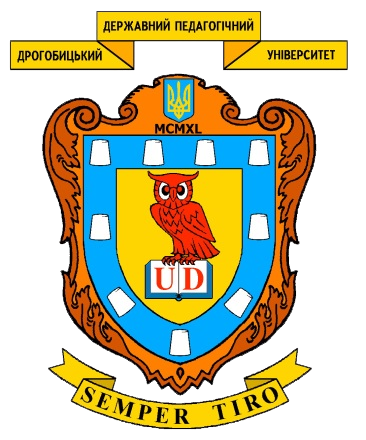FEATURES OF TRAINING STUDENTS TO WORK WITH CHILDREN WITH HEALTH DISABILITIES
DOI:
https://doi.org/10.32782/2312-8437.50.2022-7Keywords:
inclusive education, children with special educational needs, psychological support, socialization, competencesAbstract
The article is devoted to the specifics of bachelors training to work with children with special educational needs in inclusive educational environment. It analyzes conditions leading to successful socialization of children with special educational needs in the educational space of an inclusive school and studies professional competences, acquired by the students in the learningprocess at the university, which are necessary to work with children of this category. The competence of students future teachers connected with interaction between all participants of the inclusive process includes the following components: cognitive component (the system of students knowledge about inclusive education; about the peculiarities of children with special educational needs; about the specific features of communication with children, their parents in conditions of inclusion; methods training for work with children with special educational needs); motivation component (system of humanistic values, corresponding to the principles of inclusive education); tolerance aims; psychological preparation of a person to work in the conditions of inclusive education); behavioral component (having skills of communication with different participants of inclusive education; mastery of methods, forms and techniques of pedagogical workin the conditions of inclusive education). Introduction into the content of practice of psychological tasks connected with the analysis of situations of communication with the child with special educational needs and the situation of observation of the peculiarities of conducting classes in the conditions of inclusive education is a necessary stage of students pedagogical practice.
References
Бовкуш К. Основні засади формування інклюзивної компетентності педагога. Молодий вчений. 2014. № 7(10). С. 158–160.
Бондар В. Інтеграція дітей з обмеженими психофізичними можливостями в загальноосвітні заклади: за і проти. Дефектологія. 2003. № 3. С. 2–5.
Калініченко І. Особливості формування інклюзивного освітнього середовища для забезпечення всебічного розвитку дитини. Актуальні проблеми навчання та виховання людей з особливими потребами : матеріали ХІ Міжнар. наук.-практ. конф., м. Київ, 23–24 листопада 2011 р. Київ : Відкритий міжнар. ун-т розвитку людини «Україна», 2011. С. 44–51.
Колупаєва А. Інклюзивна освіта: реалії та перспективи : монографія. Київ : Самміт-Книга, 2009. 272 с
Колупаєва А. Концептуальні аспекти інклюзивної освіти. Інклюзивна школа: особливості організації та управління : навчально-методичний посібник. Київ, 2007. 128 c.
Кольченко К. Концептуальні підходи до впровадження інклюзивної освіти у вищих навчальних закладах. Актуальні проблеми навчання та виховання людей з особливими потребами. 2013. № 10(12). С. 12–22.
Сердюк Л. Психологія мотивації учіння майбутніх фахівців в інтегрованому освітньому середовищі : дис. … докт. психол. наук : 19.00.01. Київ, 2013. 432 с.
Таланчук П. Супровід навчання студентів з особливими потребами в інтегрованому освітньому середовищі : навчально-методичний посібник. Київ, 2003. 72 c.
Чайковський М. Інклюзивна компетентність як складова професійної компетентності суб’єктів освітнього процесу. Педагогіка і психологія професійної освіти. 2012. № 2. С. 15–21.








